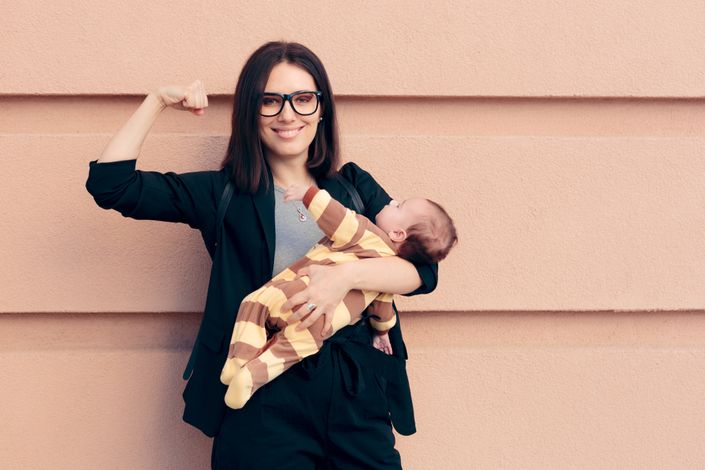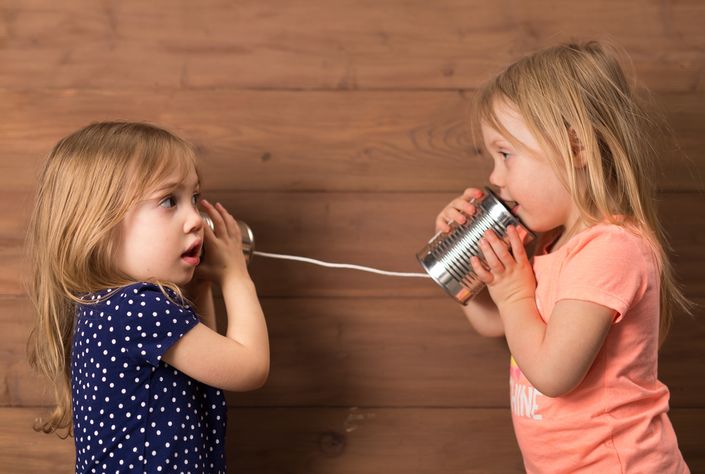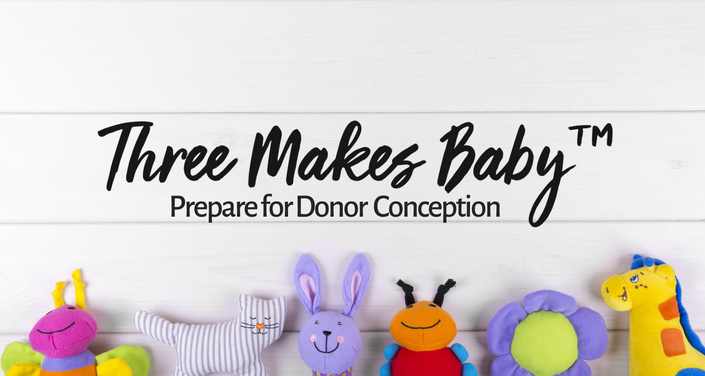Are you overwhelmed and confused about donor conception?
Do you feel like you should keep it a secret from your child or others?
Are you ready to talk about donor conception but your spouse/partner isn't?
Course Curriculum
- Worries About Child's Feelings
- Your Child's Feelings or Your Feelings?
- Exercise: Identify Your Feelings
- Learning: Distinguish Your Feelings From Your Child's
- Exercise: Distinguishing Exercise
- What Might Your Child Feel?
- What have you lost?
- Learning: Complicated Grief
- Exercise: Identify Your Stage of Grief
I'm excited to offer you this course, after seeing countless in my office, who have made the decision to use a donor and are searching for more information on this complex topic, I knew you needed this!
This course offers you strategies and exercises to help your build confidence as a future parent of a donor conceived child. From feeling worried about connecting or wondering how being genetically different from your child will feel, this course will address it.
The course follows current clinical standards for education plus much more!

Three Makes Baby Book
DO YOU KNOW—Most Common Concerns Intended Parents Have about Donor Conception?
Millions of people dream of having a baby but struggle for years with infertility or seek other unconventional ways to build a family. In an era of new options in reproductive medicine, many couples are using a third person’s egg, sperm, or embryo to conceive. Having a child with another person’s genetics is complex. Couples have concerns about how donor conception will affect their future family life, especially their child. Confusion and fear can leave parents feeling unequipped on this path to parenthood. Shame and unresolved grief about infertility create silence around a controversial topic that needs a voice. Secrets can hurt a family.
A fertility counselor addresses your urgent questions:
Why should we tell our child we’re not genetically related?
How do we tell our child about donor conception?
And when is the best time?
What if my child is upset?
What if I don’t feel like the real parent?
Will others treat our family differently?
Should we keep the donor a secret?
You can learn to overcome fears that make you want to keep a secret—yet maintain your family’s privacy. This book offers education and awareness so parents can guide their donor-conceived children through various stages of development with age-appropriate conversations.

Three Makes Baby Workbook
Prepare to Use a Donor Three Makes Baby Workbook is the companion workbook to Three Makes Baby-How to Parent Your Donor-Conceived Child.
This workbook is designed to help readers work through Rupnow’s “Five Common Fears About Donor Conception”. Drawing on a more than a decade of professional experience with couples, Rupnow created twenty simple exercises to offer readers a way to identify their current attitudes, thoughts and feelings as they contemplate donor conception.
In this accessible workbook, self-tests, pointed questions, and journaling will help readers learn to apply the concepts outlined in Three Makes Baby-How to Parent Your Donor-Conceived Child. Brand new to this working edition is an illustration of the Carlile Grief Model (New Dream/Old Dream) and Thirty Questions to Ask Your Donor Program to be a more informed participant in the donation process. A bonus exercise written for the kids, uses game analogies to teach children how to respond to challenging questions from their peers.
Whether worried about your child’s feelings, being the legitimate parent, or coping with social differences, this book offers a practical way to cope with the confusing thoughts and emotions that arise on the path to growing your family in a non-traditional way. The twenty exercises were written to give the reader clarity and help couples communicate about their specific concerns, feeling more empowered to make the best decisions for their family.
Fertility psychotherapist, Jana Rupnow, interviews parents, donor conceived individuals and professionals about the challenges and dilemmas of assisted reproductive technology baby-making and the expect-able tensions between positive and negative feelings that come along the way when, instead of baby makes three; three makes baby.






